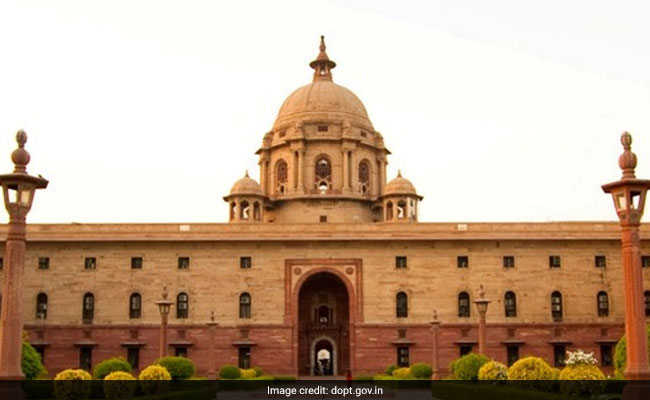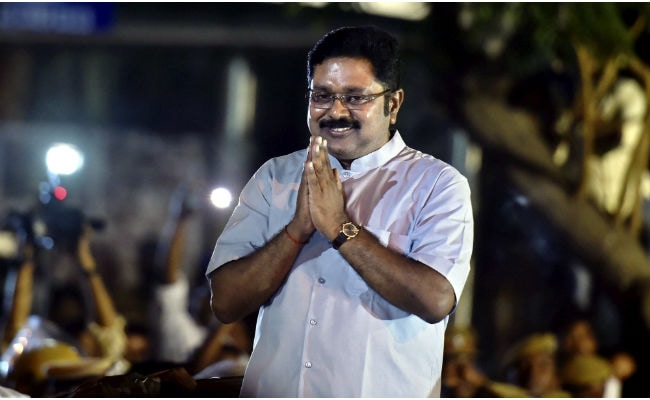‘AI can’t replace a doctor, not yet’: Cautious optimism, concern over new tech in Indian healthcare
It is a powerful, useful tool for India's health and medical sector but accuracy and data privacy remain significant challenges.


Every week, Sumit Khake visits the slums of Mumbai to hold screening camps for the private eye hospital in which he works.
His job is to identify and refer people who might have diabetic retinopathy for treatment.
But Khake is no doctor. He was hired in 2016 by the hospital as a clerk, and knows little about the condition that can cost diabetic patients their vision.
What enables him to do the highly specialised task of screening patients is the artificial intelligence software downloaded on a smartphone.
The phone is attached with a handheld camera, which takes high-resolution images of the retina. The software, called FOP, scans the image taken by the camera and looks for abnormal growth of blood vessels, a sign of diabetic retinopathy.
If the software detects such a symptom, the mobile screen produces a red alert – for Khake, an indicator that the patient might have retinopathy.
Khake is amongst hundreds of unskilled workers in India, who have been using artificial intelligence, or AI, for diagnosis that otherwise only specialised doctors were fit to do.
“India has only about 2,000-3,000 retina specialists to detect diabetic retinopathy,” said Dr S Natarajan, director of Aditya Jyot Eye hospital where Khake works. “This software has made our job easier.”
Workers like Khake,...



































![Safari Thorium Neo 8-Wheel Luggage Set Trolley Bags (Set of 3) at just Rs. 5,599 [MRP 29,100]](https://savefree.in/uploads/images/202409/image_870x580_66f63845060f0.webp?#)












![Handmade Brown Mango Wood Chopping Board At just Rs. 89 [MRP 599]](http://savefree.in/uploads/images/202303/image_870x580_641bf7e9c2206.jpg?#)



